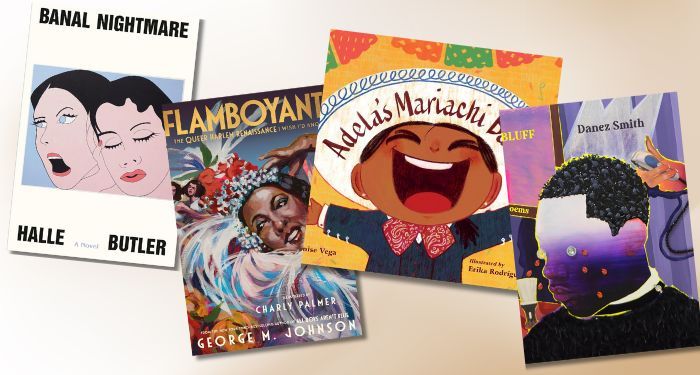While most of think of filler words as using “um” or “uh” in speeches, there are lots of other extras we put in our writing.
These extras can distract from your main message and make your writing come off as less serious.
Keep in mind, the type of writing you do changes what words are appropriate, and what are considered extra.
For example, academic essays will have a more elevated writing style than most social media posts. However, there’s almost always something you can cut.
This article reviews basics of filler words: what they are, why they don’t work, and how to avoid them.
Table of Contents
What are filler words?Why avoid using extra words in your writing?Examples of filler wordsFiller Words4 ways to improve your writing1. Start with a brain dump2. Cut every sentence in half3. Decide what’s filler and what’s essential4. Use an editing toolWhat are filler words?
Filler words are words in speech or written text that could be eliminated and are there to take up space.
In speech this sounds like:
Um Uh Er Ah Like OK Yeah Right You knowWriters often use filler words when they are unsure of what they have to say or want to hit a certain word count.
Most of us don’t realize how often we use filler words. I’ve been writing for years and I’m certain there are many in this article! It’s a hard habit to break, especially when you have a lot of writing to do and not a lot of extra time.
Depending on your writing style, some filler words make sense to keep. But more often, you can self-edit to make your writing stronger. At first it may be difficult to identify what is style and what is filler, but if you aim to cut the fluff, you’ll be on the right track.
What’s the difference between filler words in writing and in speech?
For the most part, filler words are the same in both writing and speech. It’s more common to use filler words in creative writing and casual speech.
If you are creating a proposal or a formal presentation, you will want to make sure you focus on cutting unnecessary words so your piece looks and sounds professional.
Why avoid using extra words in your writing?
Filler words are bad because they confuse readers and dilute your writing. If you have too much filler people may think your writing is padded and not enjoy the reading experience.
In particular, if you are doing any kind of persuasive writing, it’s important to avoid fluffy or flowery language because it can bury your message.
There is an argument for using filler words in creative writing or poetry, but for most types of writing, it communicates best when it’s clear, concise, and direct.
Hot take: some creative writers could benefit from learning how to shorten their sentences!
Examples of filler words
This is a brief overview of filler word examples. Keep in mind that each example below is not guaranteed to be a filler word—it depends on the sentence itself and what is being said. This is especially true for character dialogue.
One way to test if a word is filler is if you can remove it and the sentence still holds the same meaning.
Filler Words
Really Very Highly Just Like As you know However Finally In conclusion You know You see Right In my opinion I guess I mean Seriously Literally Totally However As mentionedFiller words take up space and make sentences wordy.
4 ways to improve your writing
Here are four ways to avoid using filler words to improve your writing.
1. Start with a brain dump
Before you worry too much about filler words, start by freewriting until everything in your head is on the page.
Write, then edit. (You can’t edit a blank page!)
Your first draft should be judgement-free so you can let your ideas flow. That way you have something to work with when it is time to edit.
2. Cut every sentence in half
This is a guideline rather than a rule. Sometimes cutting won’t make sense.
Pushing yourself to remove unnecessary words is a good and challenging practice. You might be surprised at how clear your writing becomes when you remove what’s extra.
3. Decide what’s filler and what’s essential
Some words like “in addition” or “however” can be important transition words. Every sentence is unique and sometimes what’s filler in one is essential in the other. If you’re not sure, try reading your sentence aloud with and without the word in question. Your ears will know what’s best!
4. Use an editing tool
Using writing and editing tools such as Hemingway app can help you decide how to cut your writing without losing its essence.
There are a lot of tools available, out there, but that one is a popular one for writers since it edits work based on the short sentence style of Ernest Hemingway.













 Bengali (Bangladesh) ·
Bengali (Bangladesh) ·  English (United States) ·
English (United States) ·